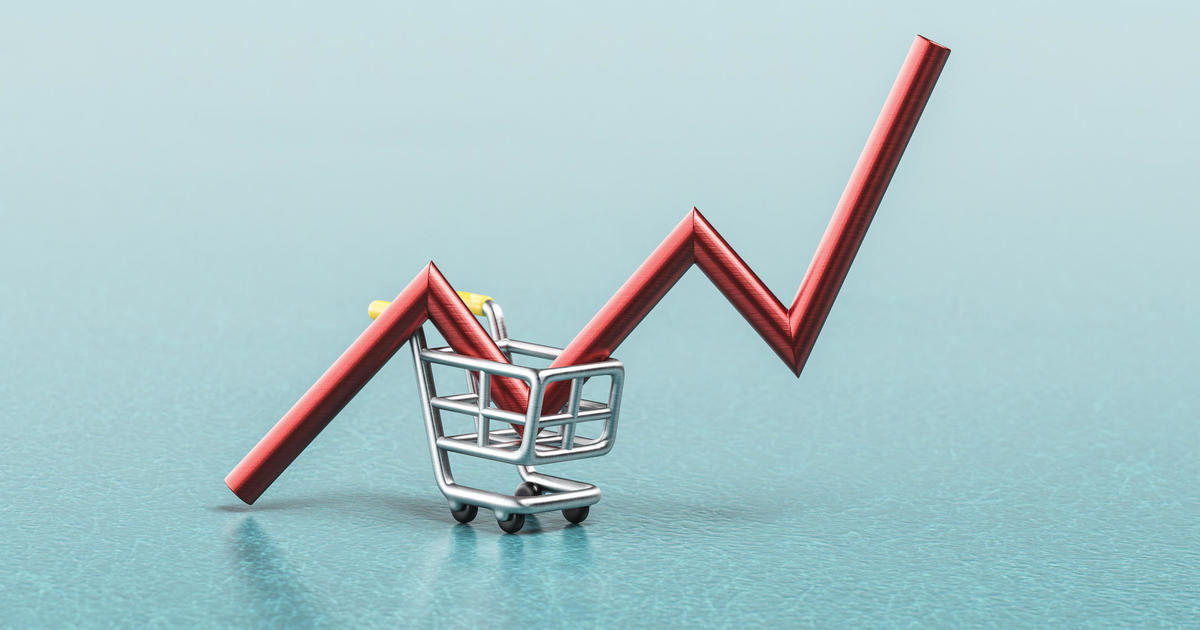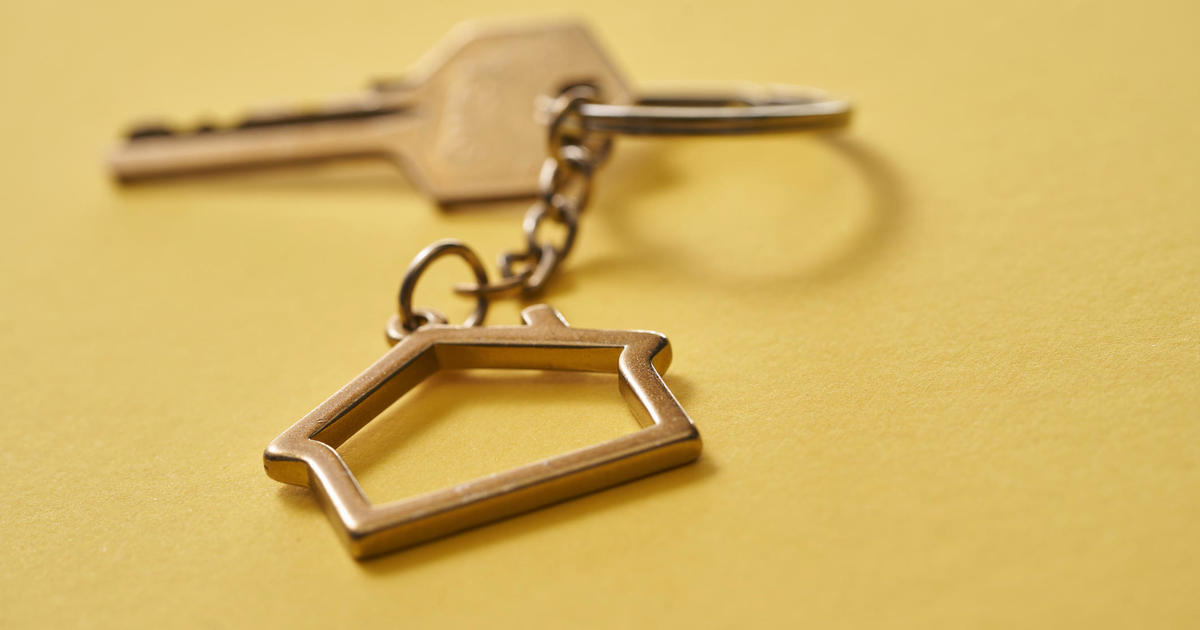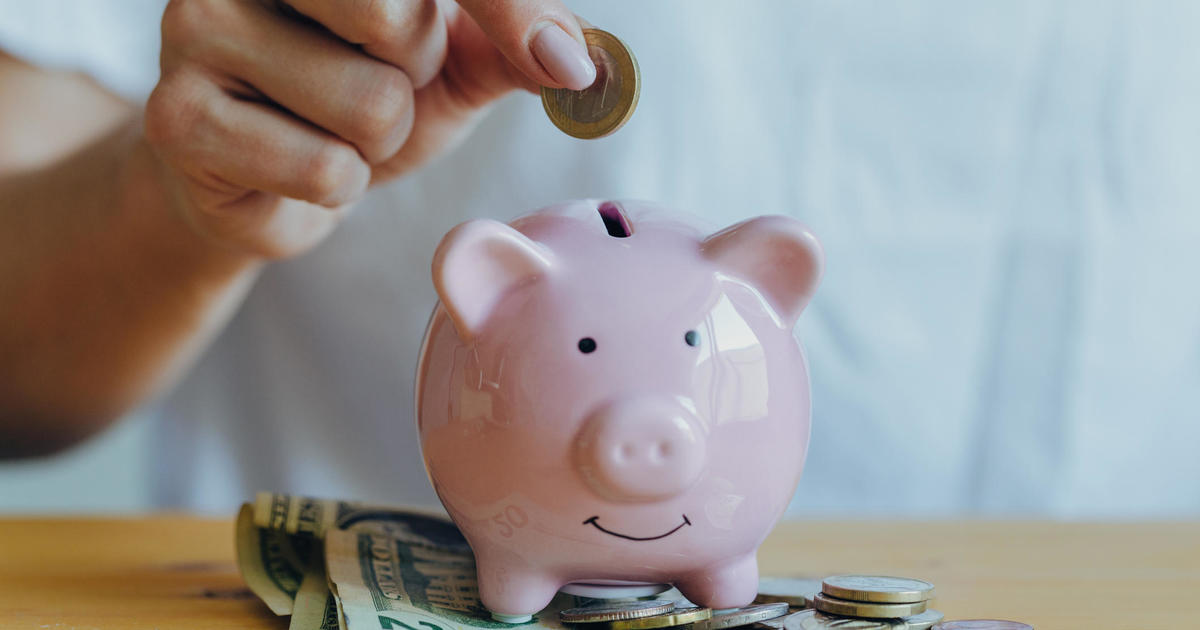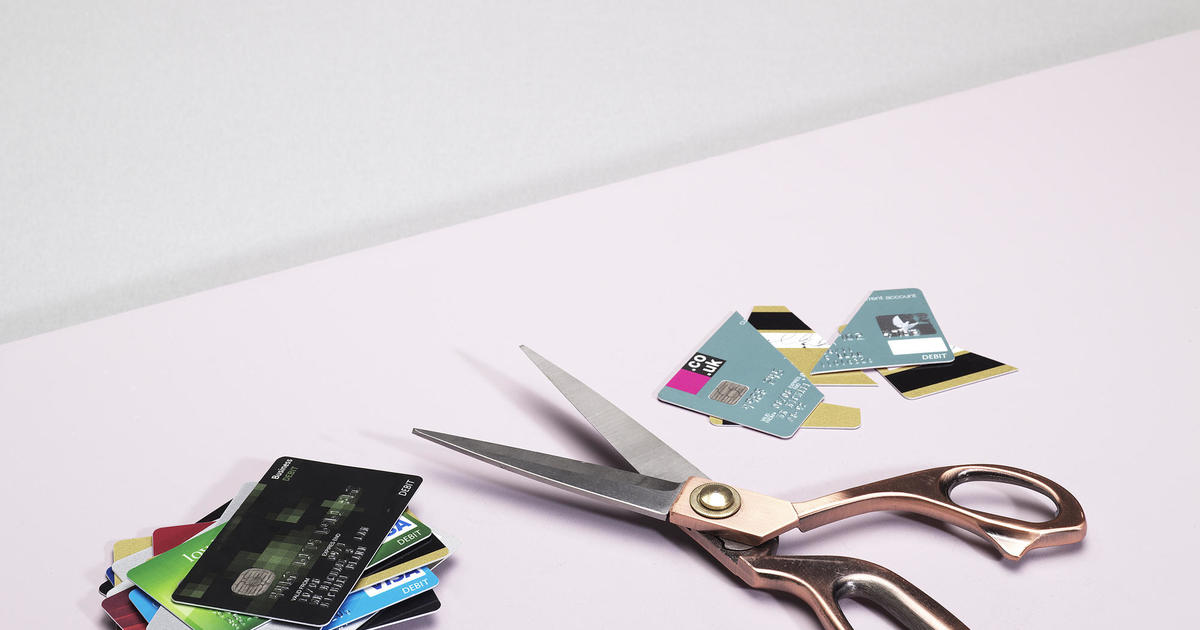5 smart saving strategies for 2017
Keeping some cash in your portfolio has always been important, but in 2017 it’ll be even more important as market volatility is expected to be higher than usual. Cash is important for both an emergency fund and for short-term goals. You don’t want to be forced to sell investments when you need cash in a down market.
Rising interest rates can make it easier to earn more on your cash. The pressing question for depositors as they look forward to 2017 is how fast will the Fed Reserve increase rates. Its rate-setting commitee members have made it clear that they’re planning only gradual increases in the federal funds rate, and these increases depend on the U.S. economy improving as they expect.
- For more tips on budgeting and spending for the festive season, see our Holiday Financial Guide
As we have seen in 2016, a gradual pace of rate hikes can become a glacial pace. With that in mind, these five smart savings strategies will help ensure depositors that they can maximize the earnings from their cash regardless of what happens with interest rates in 2017.
1. For primary checking needs, switch to a high-yield reward checking account to earn a significantly higher interest rate.
The caveats of high-yield reward checking accounts are that they require monthly debit card purchases to qualify for the high rate, and the balances that qualify for the high rate are capped (caps range from $5,000 to $50,000). High-yield reward checking accounts have continued to grow in popularity with more banks and credit unions offering these accounts than last year.
2. Open an internet savings account.
Internet savings accounts offer interest rates much higher than what’s available at brick-and-mortar banks and credit unions. Also, internet savings accounts have a history of responding faster to Fed rate hikes.
3. Look for internet savings accounts with no minimum balance requirements and solid electronic funds transfer capabilities.
In a rising rate environment, savvy depositors don’t want to be slowed down in their ability to move money to higher-rate accounts. If your internet bank falls behind on rates, you’ll want to be able to easily and quickly move your money. Savings accounts with minimum balances to avoid a monthly fee can force you to keep a large balance. Also, some internet banks don’t make it easy to move funds electronically. They may have small limits on the amount you can transfer at one time.
4. Don’t give up on CDs.
Rising interest rates can scare people away from CDs, but as learned in 2016, interest rates may rise in 2017 much less than expected. Keeping too much in savings accounts instead of CDs will result in lower interest earnings.
The best CD rates can be found at internet banks and credit unions. You will likely be surprised to find how many credit unions you can join. In the last year many credit unions have expanded their fields of membership, and this trend will likely continue in 2017.
5. Look for CDs with five-year terms and with early withdrawal penalties of six months’ interest or less.
A five-year CD with a six-month early withdrawal penalty can be closed early and still be a better deal than many top shorter-term CDs kept to maturity.
Ken Tumin is founder and editor of DepositAccounts.com, which has been tracking and rating the savings, CD and checking account offerings of banks and credit unions for more than a decade.



